News

Aug 29, 2022
Partner-drug resistance accelerates resistance of first-line malaria drug
A new research collaboration between Penn State, Oxford, and Imperial College London demonstrates that resistance to partner drugs facilitates resistance evolution to artemisinin, the world’s most important first-line drug for the treatment of malaria.
Full Article
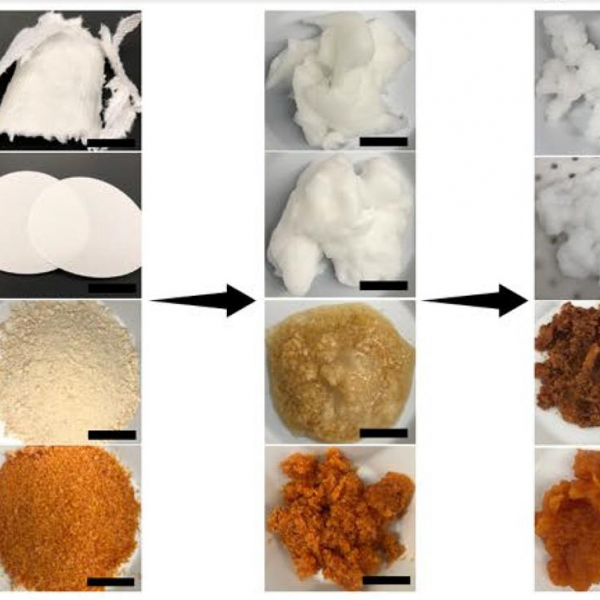
Aug 19, 2022
Compost to computer: Bio-based materials used to salvage rare earth elements
Penn State researchers used micro- and nanoparticles created from the organic materials to capture rare earth elements from aqueous solutions.
Full Article

Jun 23, 2022
Alumnus and professor named new head of biomedical engineering
When Dan Hayes graduated from the Penn State Eberly College of Science with a bachelor’s degree in science in 1997, the Department of Biomedical Engineering was still three years away from forming. Now, Hayes will lead the Department of Biomedical Engineering. His tenure as department head begins July 1.
Full Article
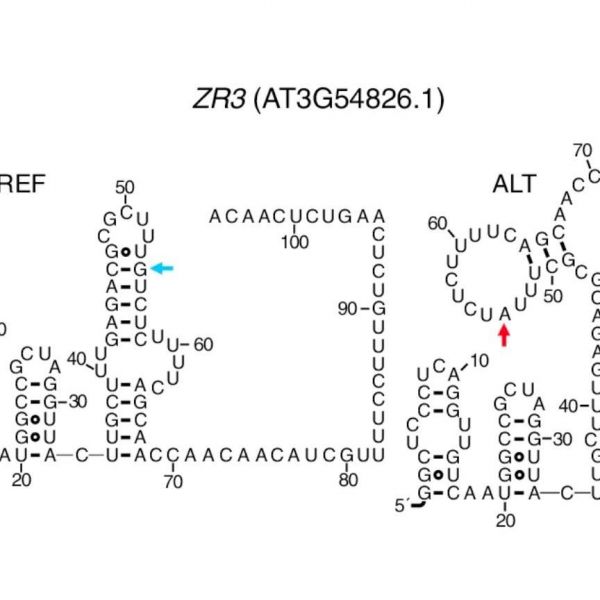
Jun 24, 2022
Climate-associated genetic switches found in plants
Genetic variants that can act as switches directing structural changes in the RNA molecules that code for proteins in plants have been experimentally validated in plants for the first time. The changes to RNA structure can affect the molecule’s stability, how it interacts with other molecules, and how efficiently it can be translated into protein — all of which can impact its function and the traits of the plant.
Full Article
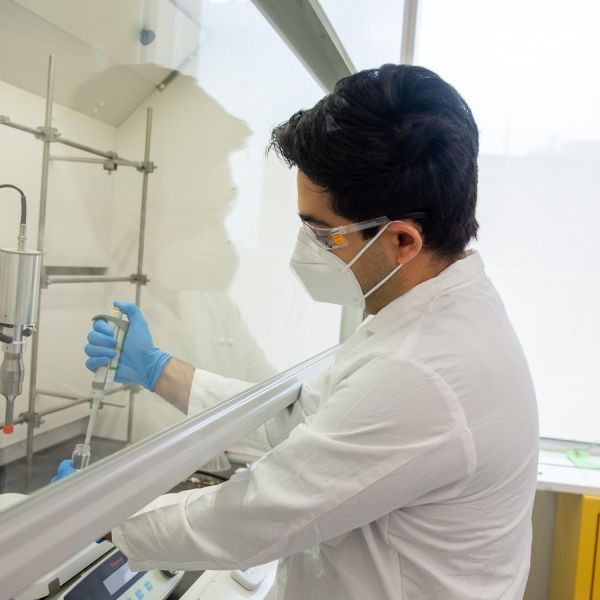
Jun 09, 2022
Scientists devise method to help prevent hospital infections
On any given day, one in 31 hospital patients is diagnosed with an infection that developed as a result of care during their hospital stay, according to the Centers for Disease Control and Prevention. Medical devices such as catheters, stents, heart valves and pacemakers, whose surfaces can become covered with harmful bacterial films, account for about a quarter of such infections. To help prevent such infections, a research team led by Penn State and the University of California, Los Angeles, developed a novel surface treatment for these devices.
Full Article

May 20, 2022
College of Engineering awards six Multidisciplinary Research Seed Grants
The Penn State College of Engineering recently awarded six Multidisciplinary Research Seed Grants to faculty members, including one in partnership with the College of Health and Human Development and another with the Huck Institutes of the Life Sciences.
Full Article
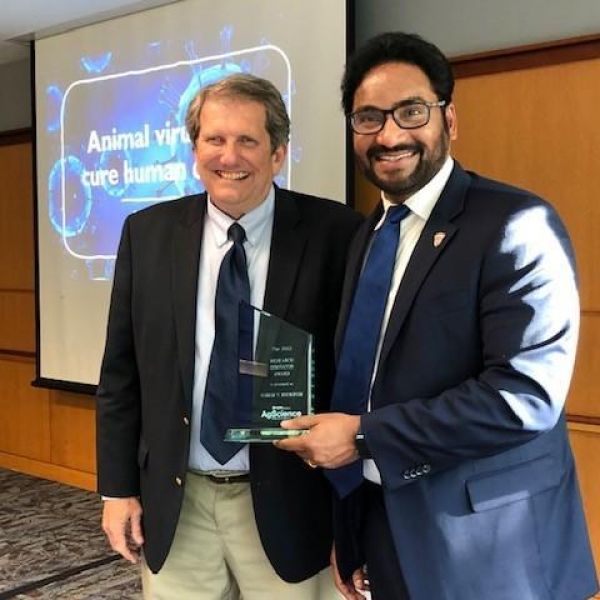
May 24, 2022
Kuchipudi receives College of Ag Sciences award for research innovation
Suresh Kuchipudi, Dorothy Foehr Huck and J. Lloyd Huck Chair in Emerging Infectious Diseases, is the 2022 recipient of the Research Innovator of the Year Award, given by Penn State’s College of Agricultural Sciences to recognize faculty and staff who have made notable efforts to commercialize their Penn State research.
Full Article
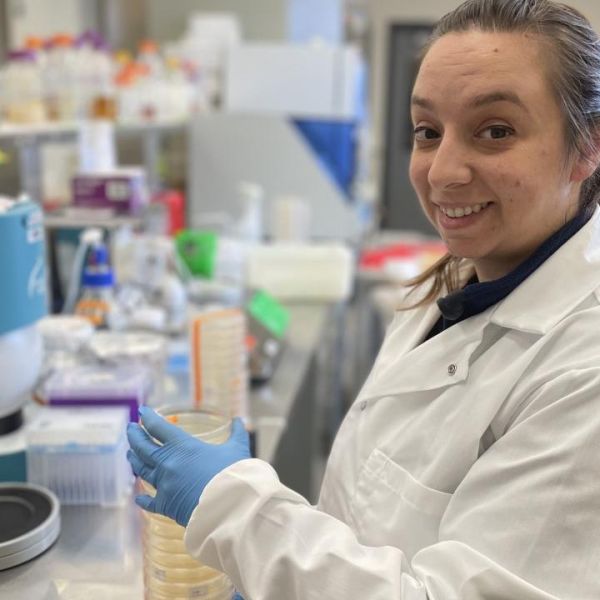
May 12, 2022
Microbiologists get grant to study biofilms guarding foodborne pathogen Listeria
Microbiologists in Penn State’s College of Agricultural Sciences have received a $605,000 grant from the U.S. Department of Agriculture to study how microbial biofilms protect Listeria monocytogenes, the bacterium that causes the deadly foodborne illness listeriosis.
Full Article
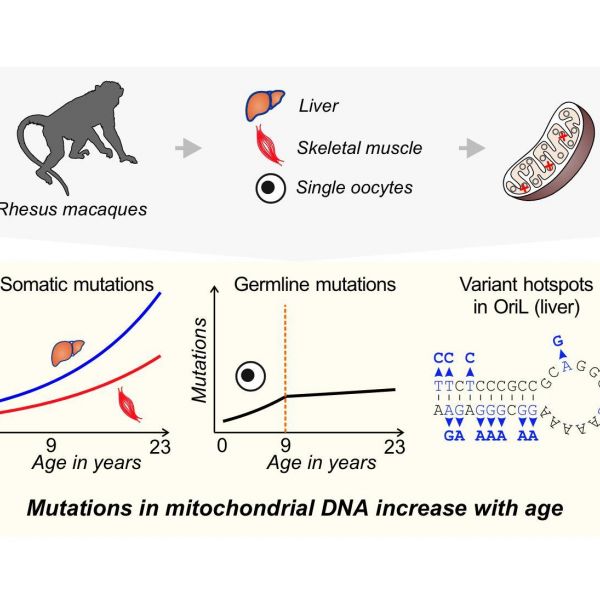
Apr 05, 2022
Are egg cells in aging primates protected from mutations?
A new study shows that mutation frequencies in mitochondrial DNA are lower, and increase less with age, in the precursors of egg cells than in the cells of other tissues in a primate.
Full Article
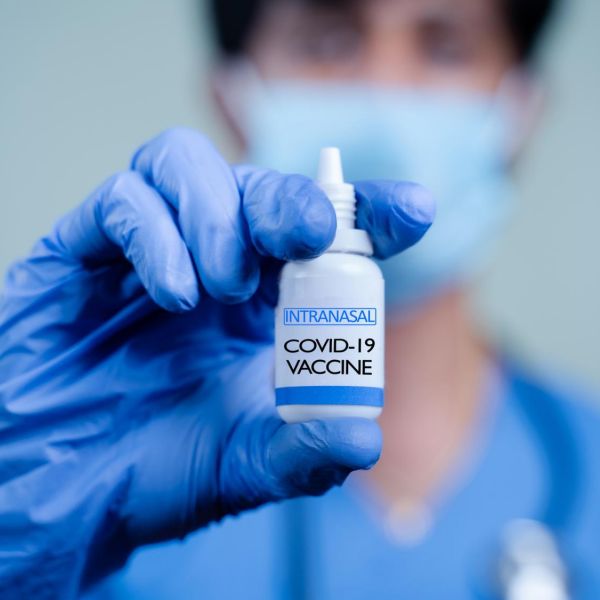
Mar 17, 2022
Inhalable aerogel triggers immunity to COVID-19 in mice, may block transmission
An inhalable "aerogel" loaded with DNA that encodes for the SARS-CoV-2 spike protein successfully induces an immune response against COVID-19 in the lungs of mice, according to new research conducted at Penn State.
Full Article